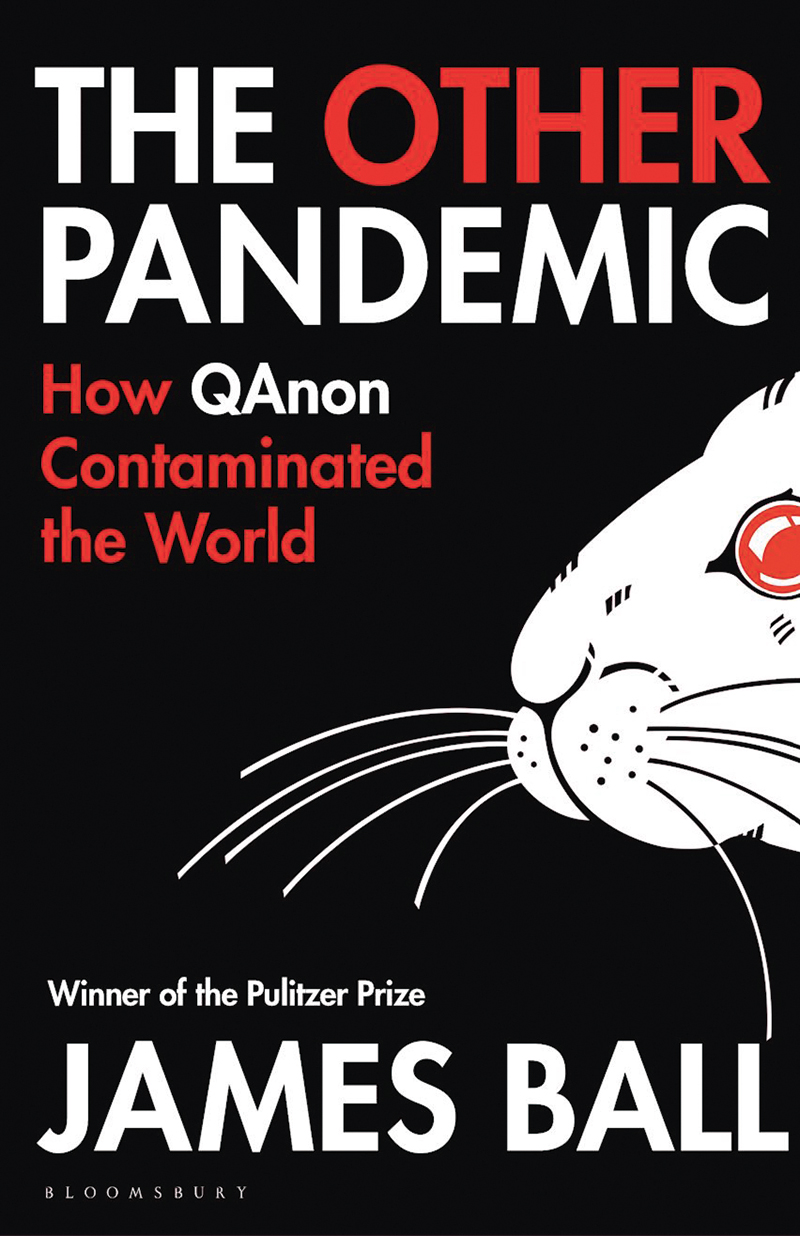Secondly, it isolated people away from their usual social networks. This doesn’t just leave people needing to fill a void but stops our friendships acting as a bit of a safety valve, gently letting us know that we’re getting a bit obsessive before things get too bad.
Thirdly is that Covid-19 led to unprecedented curbs on our freedoms as citizens. For months at a time we needed special permission to leave our homes. It was illegal to see our families. We were cut off from our livelihoods and our basic pleasures. That kind of radical change to our lives is going to provoke a search for an explanation in at least some of us – with the real answer of pandemic management being unsatisfying to some. The three factors in combination are a perfect recipe for self-radicalisations.
The most dangerous conspiratorial misinformation narratives start with a nugget of truth. The US has some electoral fraud, albeit a very low level and usually connected to local candidate races. Some asylum seekers in the UK commit violent crimes. Even the most outlandish of conspiracies tends to have that grain of truth.
A QAnon conspiracy holds that Hillary Clinton and the Democratic Party sit atop a global child-trafficking gang, slaughtering kids in their thousands for ritual sexual abuse. (The Trump campaign has openly embraced the QAnon movement at times.) How might you pull someone into such a movement? You start with what is plausible – the Clintons knew Jeffrey Epstein, and they’ve been pictured with him. They’ve travelled with him. He died mysteriously in prison. By starting with real facts – and then weaving in half-truths and mysteries – you can build a bigger structure from something small.
The next trick to radicalisation requires building on mistrust in mainstream media and traditional authorities. Once you have built up a long list of questions and suspicions in someone’s mind, you ask them why these questions aren’t being answered by the media or some other authority.
Eventually, the only answer becomes that they must be complicit. And from here, the journey down the conspiracy rabbit hole is a one-way trip. It is the combination of truth and “just asking questions” that makes it compelling, but there is one other vital ingredient. A radicalising conspiracy must tap into a real grievance in someone’s life, whether directly or indirectly. Someone may be concerned about immigration – for good reasons or ill – and have a sense that the media doesn’t report on it. They might have a sense that politicians don’t care about people like them, and so are corrupt.
There are any number of genuine sore spots conspiracies can use to wheedle their way in. Donald Trump has proven astonishingly adept at exploiting these kinds of conspiracies. He will try to exploit them not just to win the 2024 election, but to seize power even if he loses it. Fringe figures on the UK right are trying to tap into these narratives, so far with mixed success.
Conspiracies are dangerous things – once they take off, no-one can control where they land. The people trying to use them for their own advantage could easily have cause to regret it. For the rest of us, there is little we can do except be forewarned and forearmed – and at least know what we should look out for.
James Ball is political editor of The New European. His book The Other Pandemic: How QAnon Contaminated the World is out now (Bloomsbury, £9.99).You can buy it from The Big Issue shop on bookshop.org, which helps to support The Big Issue and independent bookshops.
Do you have a story to tell or opinions to share about this? Get in touch and tell us more. Big Issue exists to give homeless and marginalised people the opportunity to earn an income. To support our work buy a copy of the magazine or get the app from the App Store or Google Play.










